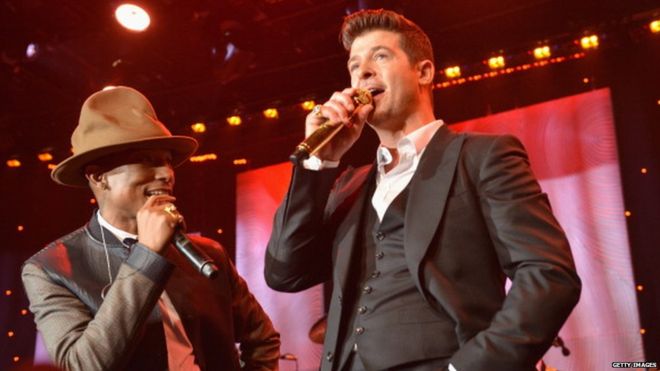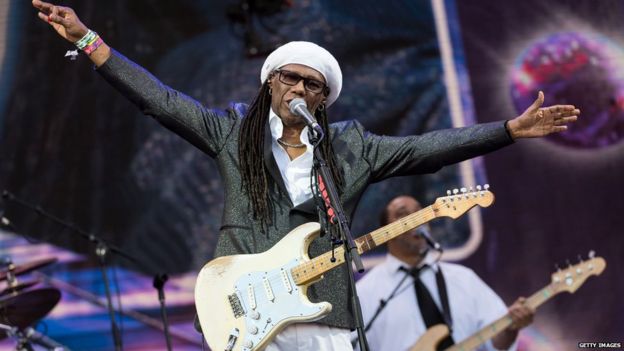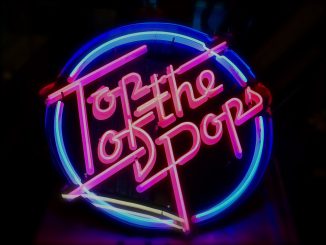
From BBC

Artists are being advised not to state publicly who they’re inspired by on their new music, the Victoria Derbyshire programme has learned. Could this stifle their creativity?
“There is no such thing as a completely original composition,” says music producer and songwriter Nile Rodgers.
“We learn music by practising. And what do we practise? We practise patterns. We practise scales.
“The art of music-making is the reinterpretation of those rules that we learned.”
You would be hard-pushed to find a musician in the charts whose work hasn’t taken inspiration from their idols and contemporaries.
Now though, music experts have told the Victoria Derbyshire programme that artists are being advised not to mention publicly who has inspired them.
This is because of a high-profile copyright infringement case in which US jurors ruled that Robin Thicke and Pharrell Williams, on their song Blurred Lines, had copied Marvin Gaye’s Got To Give It Up.
The Gaye family estate was awarded $7.3m (£4.8m) in damages, although an appeal has since been launched.

The verdict sent reverberations around the industry, with particular attention being paid to the fact that in court Pharrell Williams said Marvin Gaye’s music was part of the soundtrack of his youth, and that he was “channelling… that late 70s feeling” in Blurred Lines.
According to forensic musicologist Peter Oxendale “everyone’s concerned that inspiration can [now be interpreted as] a catalyst for infringement.
“All of these companies are worried that if a track is referenced on another at all, there may be a claim being brought,” he explains.
Mr Oxendale says some artists are now having the requirement to name their influences written into contracts by their record labels – although he would not specify names.
“Many of the companies that I work with ask the producers and the artists to declare all of the tracks that may have been used as inspiration for their new tracks,” he says.
He also confirmed that he is being sent new music to check the possibility of future copyright infringement claims.
Read more here
Looking for new and back catalogue vinyl, rare pressings and collectable vinyl and CDs?
Explore eil.com… the world’s largest online retailer of rare and out of print vinyl, CDs and music memorabilia – since 1987.




I’m 44 and have been heavily into music since I was about 6. I don’t think copyright infringement is a negative thing at all. Artists need a process to make sure other musicians can’t just rip off their intellectual property.
The first time I heard the Thicke song above I thought it was a pretty blatant rip off. I remember thinking that if I wanted to listen to Got to Give it up, I would just listen to the original. Learning that Pharrell was behind it – I love Pharrell – didn’t change my opinion that it was definitely too close to another song without giving credit or royalties. It’s the first time I ever felt that too which is funny that it actually was the first song to win a judgement. Justice served.
I still think it’s kind of funny/tragic that A Tribe Called Quest never made a cent off of one of my favourite songs “Can I Kick It” because they didn’t get permission to sample Lou Reed. The album had already been released and Lou Reed said he wouldn’t sue as long as he received 100% of the royalties and publishing. To this day ATCQ have not seen a cent for that song.
Saying all that if artists starting winning copyright infringement cases for ridiculous reasons it could definitely become a negative influence on the creative process. We just need to hope the courts keep it real.